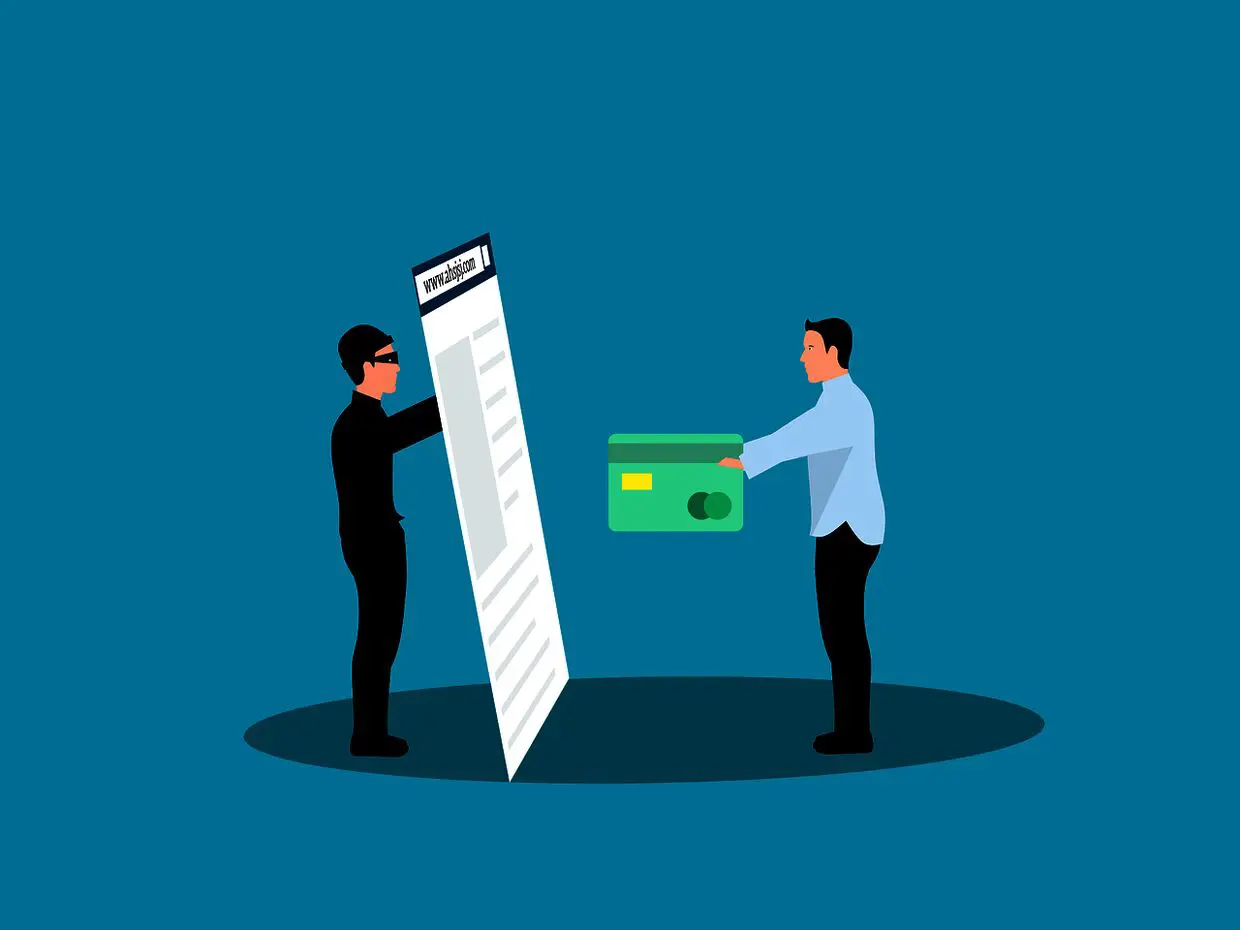
Do not send money, gift cards, cryptocurrency, or other assets to people you do not know or have met only online or over the phone. — Pixabay
Apple says iPhone users need to continue to use caution as an ongoing wave of scams continues to target users, but also says some help should be coming soon. As part of a recent warning, the tech giant says there are a handful of messages that should be ignored and deleted immediately by users, Forbes reports.
The scam messages, known as “smishing,” have drawn the attention of tech companies and the FBI in recent years. The scam messages can include claims of unpaid road tolls, undelivered packages and/or claims of traffic offences. The messages will often include a link and wording that indicates financial payments are necessary to solve the issue.
However, the messages are really intended for the sender to gain access to sensitive and private information stored on your device, which can include financial information. When the target clicks the fake link in the message, it can open the phone up for access by the sender.
While it has yet to be released, Apple is expected to unveil an update to its messages app when it releases the iOS 26 update. That update is expected to be available later this month and will be available for download for all iPhone users. An exact release date has not been announced.
As part of the update, 9to5Mac reports that all text messages will be split into four categories: messages, unknown senders, spam, and recently deleted. The messages folder will contain messages from known users, while the recently deleted folder is self-explanatory. However, the spam and unknown senders folders are where the help comes in.
Messages that are filtered into either of those categories will not trigger any sort of alert for users. Instead, users will have to look through those folders to see if they have any missed messages.
The biggest line of defence comes in the spam folder. Users will not be able to click links or reply to messages directed to the spam folder. Instead, users will have to manually go into the message and move it to the dedicated messages folder. This adds a layer of protection by not allowing the user to immediately fall for what could be a scam.
Users will have an option for messages that end up in the unknown folder to be labeled “Mark as Known” to move trusted contacts to their regular messages folder.
Users will have the option to turn off the automatic spam and unknown senders filtering.
And while the update will be welcomed for many iPhone users, the FBI continues to offer the following advice to avoid being scammed by fake messages:
– Never share sensitive information or an associate’s contact information with people you have met only online or over the phone. If contacted by someone you know well via a new platform or phone number, verify the new contact information through a previously confirmed platform or trusted source.
– Do not send money, gift cards, cryptocurrency, or other assets to people you do not know or have met only online or over the phone. If someone you know (or an associate of someone you know) requests that you send money or cryptocurrency, independently confirm contact information prior to taking action. Also, critically evaluate the context and plausibility of the request.
– Do not click on any links in an email or text message until you independently confirm the sender’s identity.
– Be careful what you download. Never open an email attachment, click on links in messages, or download applications at the request of or from someone you have not verified.
– Set up two-factor (or multi-factor) authentication on any account that allows it, and never disable it. Actors may use social engineering techniques to convince you to disclose a two-factor authentication code, which allows the actor to compromise and take over accounts. Never provide a two-factor code to anyone over email, SMS/MMS text message or encrypted messaging application.
– Create a secret word or phrase with your family members to verify their identities. – mlive.com/Tribune News Service





